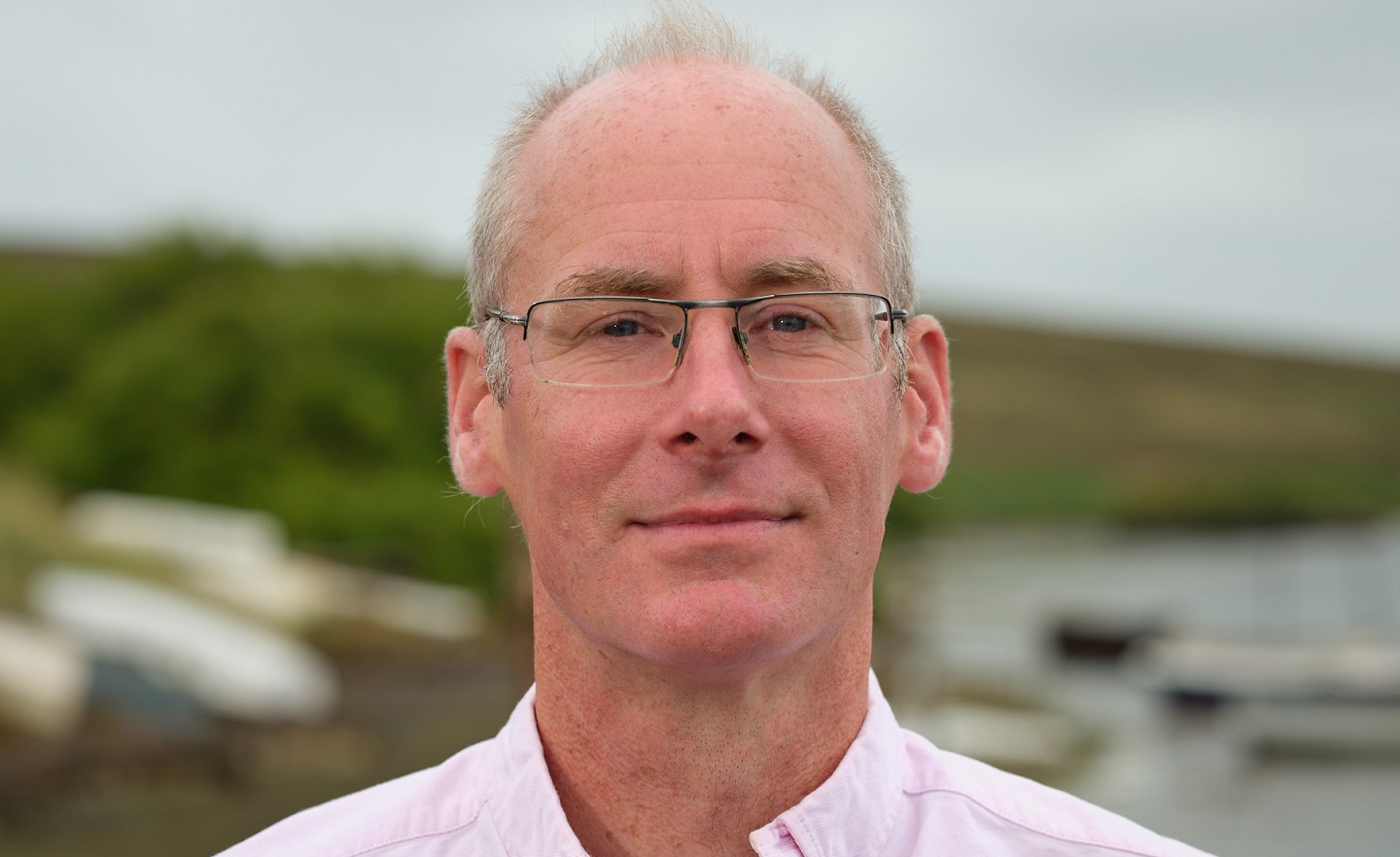Public lecture to consider international politics in the context of climate change

Professor Jan Selby
01 October 2021
The implications of climate change on international politics will be the subject of this year’s Kenneth Waltz Memorial Lecture, which takes place online on Thursday 14 October.
Hosted by the Department of International Politics at Aberystwyth University, the Kenneth Waltz Memorial Lecture 2021 will be given by Professor Jan Selby of the University of Sheffield.
Climate change and ecological challenges have made it necessary to rethink various aspects of international politics: not just how co-operation in the international political system can be facilitated but also, more fundamentally, how we understand the very nature and history of international politics.
In his lecture Professor Selby will provocatively propose that we consider international politics as ‘inter-carbonic’ - fundamentally entangled with carbon. Important implications arise for how we understand the history of international politics, the discipline of International Relations, the climate challenge, and possibilities for future politics.
Professor Milja Kurki of the Department of International Politics at Aberystwyth University said: “There is not a more important and urgent challenge than thinking through the implications for international politics of climate change and, as part of this process, how we are entangled with the Earth and its materials in various important but also troublesome ways. We are very pleased to welcome Professor Selby to help us think through the intellectual and practical challenges of ‘inter-carbonic relations’.”
The Kenneth Waltz Memorial Lecture 2021, ‘International/Inter-Carbonic Relations’, takes place online at 7pm on Thursday 14 October. The lecture is open to all interested members of the public, students and staff. To register to attend please visit: https://event.webinarjam.com/channel/pub-lec-interpol
This year's Kenneth Waltz Memorial Lecture is featured as part of a series of special events and debates on climate change being organised by Aberystwyth University in the run up to the United Nation's COP26 conference, including a week-long Festival focusing on climate change research which begins on 18 October.
About the Speaker
Jan Selby is Professor of Politics and International Relations at the University of Sheffield. Professor Selby is an expert on the politics of climate change, water and energy and especially on how questions of power are tied up with each. He has written extensively on the conflict and security implications of climate change and water politics, especially in the context of Israel-Palestine and Syria, as well as on questions of militarism, peacebuilding, development and global governance.
Abstract of Kenneth Waltz Lecture 2021: Professor Jan Selby ‘International/Inter-Carbonic Relations’
If international relations can be theorised as ‘inter-textual’, as many post-structuralists contend, then why not also – or indeed better – as ‘inter-carbonic’? For, not only is the modern history of carbon to a large degree international. In addition, many of the key historical junctures and defining features of modern international politics are grounded in carbon or, more precisely, in the various socio-ecological practices and processes through which carbon has been mined and deposited, recycled and mobilised, represented and transformed. This lecture will seek to make this case, arguing that carbon and international relations have been mutually constitutive ever since the dawn of modernity in 1492, and that they will inevitably remain so well into the future, as the global economy’s dependence on fossil carbon continues unabated and the planet inexorably warms. Will climate change generate widespread conflict, or even civilisational collapse? How are contemporary power dynamics shaping responses to climate change? And how, conversely, might decarbonisation transform twenty-first century world order? Building on research in political ecology, the lecture will argue that it is only through a dialectical analysis of ‘inter-carbonic relations’ that we can begin to properly answer these questions. Students of International Relations, it will contend, need to rise to the challenge of climate change by putting the element C at the very centre of their analyses.



